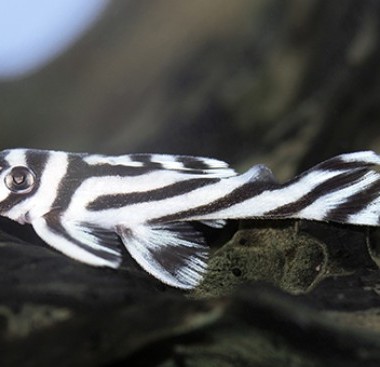Hunters Are The Mainstay of Canada’s Provincial Wildlife Management Programs
By: Staff Date: 01/13/2012 Category: | Wildlife Journal |
A recently completed study of Canadian hunting license fees compiled by Gary Mauser, vice president of the British Columbia Wildlife Federation, shows that hunters in Canada pay to the government, on average, almost $70 million per year in hunting licenses and fees. This equates to what the provinces spend to manage their wildlife populations.
This is the first time a study has collected hunting license revenue information from all provinces and territor&ies in Canada to find out how much they collected in hunting licenses and fees for fiscal years 1996-97 and 1997-98. Table 1 compares the Canadian provinces and territories annual revenue from hunting licenses and fees. Because annual variations are so large, this sum has been averaged for 1996-97 and 1997-98.
For most of this century, hunters in Canada have funded provincial wildlife management programs. The proportion of the provincial budget covered by hunting licenses varies, of course, from province to province, and from year to year. In 1989-90, hunting license fees constituted about 90 percent of the cost of the provincial wildlife management programs in British Columbia. In 98-99, due to years of government cutbacks, revenue from hunting license fees was more than 110 percent of British Columbia's wildlife management programs. In contrast, in Manitoba, hunting license revenue made up approximately 80 percent of the provincial budget for wildlife management in 98-99.
The contribution of Canadian hunters to wildlife does not end with the fees they pay for their hunting licenses. Expenditures on hunting trips injects badly needed cash into the Canadian economy and particularly into the economy of small rural communities. The Canadian Wildlife Service reports that Canadian resident hunters spend $1.2 billion annually on hunting trips.
In addition, and possibly most importantly, Canadian hunters and anglers volunteer their time and donate their own money to conserve vital wildlife habitat, to raise and release salmon and other fish species into our rivers and to conduct vital wildlife research. Resident hunters spend another 1.5 billion on trips to view wildlife outside of hunting season and contributions to habitat restoration. 2 Because Canadian residents spend around $5.6 billion on wildlife related activities, the total contribution of hunters is about half of the total amount that Canadians spend each year on wildlife.
While government has continually cut back on programs and services, hunters and anglers continue to pick up the slack.
Footnotes
- The importance of wildlife to Canadians: The economic significance of wildlife related recreational activities in 1991, Canadian Wildlife Service, 1994, pp 8,9.
- Special analysis made on request by the Canadian Wildlife Service, 1999. Personal letter from Fern Fillion, September 3, 1998.
The BC Wildlife Federation is the largest and longest standing province-wide voluntary conservation organization in British Columbia and is the voice of over 500,000 hunters and anglers in the province. Gary Mauser is a professor in business administration at Simon Fraser University in Burnaby BC Canada. For more information, contact Gary Mauser, home phone: 604 936-9141; work phone: 604 291-3652
About The Author
All Authors Of This Article: | Gary Mauser |












